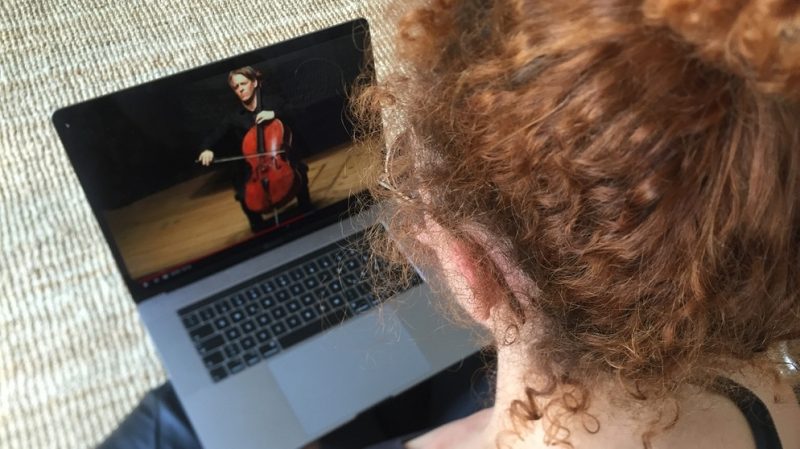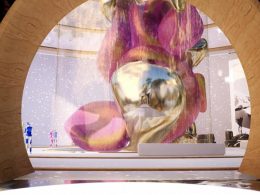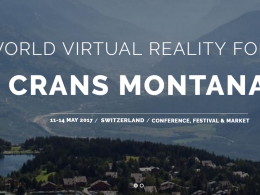One click - and the music begins. Digital concert formats are on the rise. But what actually makes them entertaining and artistically attractive? What does the virtual audience want? That is what a large-scale research project is now investigating - by the Max Planck Institute for Empirical Aesthetics and the universities in Friedrichshafen, Bern and York.
We have just received the first of the upcoming Nightwish virtual concerts. reports. Of course, concerts via live stream or recording on the internet have not only existed since Corona. But since the normal performance possibilities in the concert hall have largely disappeared, streams are an alternative in many places. All the more pressing is the question of what these digital concerts should look like in the future: What kind of digital preparation really goes down well with the audience? What needs to be improved? There have been no real research results on this so far. That is about to change.
How can the concert industry hold its own in the digital transformation?
The range of audiovisual music offerings has increased continuously in recent years. Not least, it is a question for concert halls, festivals and private providers to address the audience of tomorrow. How must the concert business assert itself as a cultural form and social forum under the rapid pressure of digital change? Professor Dr. Martin Tröndle asked himself this question. He teaches at Zeppelin University (ZU) in Friedrichshafen on Lake Constance. The university has now taken over the leadership of the research project.
Digital Concert Experience research project
In addition to ZU, the Max Planck Institute for Empirical Aesthetics in Frankfurt am Main, the University of Bern in Switzerland and the University of York in Great Britain are also involved in the research project. The German Music Council is a partner of the research project. Also involved in the research project: cellist Alban Gerhardt.
To investigate the impact of digital concert offerings, the research team has produced a concert film. Now the effect of this film on the virtual audience is to be examined. Six different streaming variants are being tested for this purpose. They were designed by the concert designer Folkert Uhde. Top-class musicians are involved in the project: the chamber music ensemble Alban Gerhardt & Friends, i.e. Baiba Skride, Gergana Gergova, Micha Afkham, Brett Dean and the cellist Alban Gerhardt. They will play string quintets by Ludwig van Beethoven, Brett Dean and Johannes Brahms.
Virtual concert formats as an opportunity
"Invited viewers then judge how and why they like the different formats," says Prof. Melanie Wald-Fuhrmann. She is director of the Max Planck Institute for Empirical Aesthetics. Among other things, the study already includes a format with VR glasses. "With virtual reality, you could think about it, for example, that you as a spectator then sit between the musicians and look over the shoulders of the violinists, for example." Wald-Fuhrmann does not see the current concert situation only negatively. Rather, she sees it as an opportunity for a new experience of concerts: "For example, there is freedom in choosing when and where to watch the concert."
Register and join in
The "Digital Concert Experience" study will start on 15 January 2021 and participants are still being sought. You can apply here.
Following the study, the results will be compared with another large-scale study by the same research group. This study, which examines the real analogue concert experience, was already launched in 2019 and will run until 2022.
Source: br-klassik








